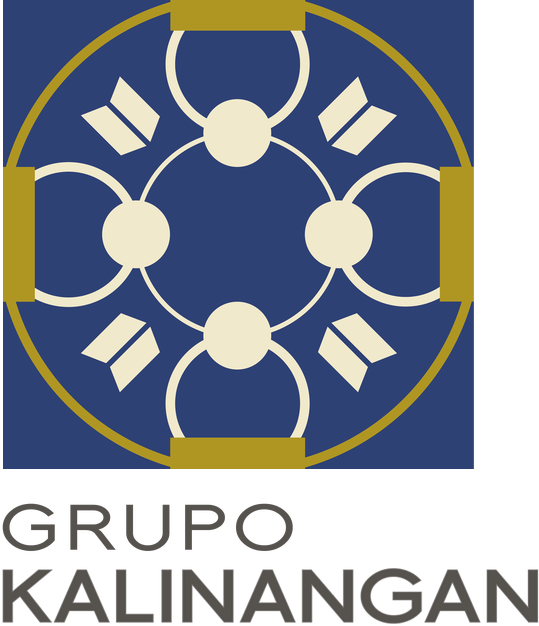The Lannang Archives (TLA), in partnership with Grupo Kalinangan (GKI) and other cultural organizations, has launched its grassroots language documentation project titled My Language, My Heritage on 20 June 2020.
The project aims to engage and involve Chinese-Filipino communities in the documentation of their heritage languages. The overall product is a database of transcribed audio linguistic data that has equal representation of all Chinese Filipino communities across the Philippines and in other parts of the globe.
This database will serve as springboard for linguistic research and community heritage revitalization.
Individuals with Lannang heritage who are interested in contributing audio recordings may visit the project website through this link.
The benefits that contributors will receive include official recognition through certification, citation, and possibly a feature story on TLA’s website. They will also be eligible to request access to specific recordings in the database for research purposes.
The Lannang Archives (formerly, The Chinoy Archives) is a nonprofit organization created to spread awareness of and generate interest in Sino-Philippine languages, with particular emphasis on Lannang languages and varieties.
The term lánnáng arguably originated from the Hokkien phrase lán láng or “our people,” historically used by Chinese immigrants to identify members of their community in contrast to other ethnic communities in present-day Philippines. Although the term originally carried a notion of exclusion, lánnáng has now become a neutral term to signify Chinese heritage.
Aside from GKI, TLA has also partnered with Kaisa Para Sa Kaunlaran, Bahay Tsinoy-Kaisa Heritage Center, Cagayan Heritage Conservation Society, University of the Philippines (UP) Samahang Linggwistika, Linguistic Society of the Philippines, UP Department of Linguistics, and The Sulu Cultural and Historical Society.

